NCC India Congratulates Christian Conference of Asia for Initiating ‘Women’s Ecumenical Action Against Violence’ Network
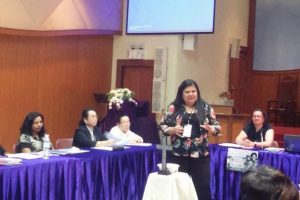 (Ms Moumita Biswas sharing about CEDAW during Women Building Peace, Preventing Violence and Transforming Our World’ Consultation of CCA)
(Ms Moumita Biswas sharing about CEDAW during Women Building Peace, Preventing Violence and Transforming Our World’ Consultation of CCA)
A Consultation on ‘Women Building Peace, Preventing Violence and Transforming Our World’ was organized by Christian Conference of Asia in Chiangmai , Thailand from 17th -20th November 2016. Thirty-five Women leaders gathered from different parts of Asia and strategized how to involve churches and engage in advocacy to end violence on women and gender based violence.
‘Women’s Ecumenical Action Against Violence (WEAAV) is a programmatic thrust of CCA and a network was formed to promote advocacy against violence on women in sub-regions and in Asian Churches . Various interactive sessions of the consultation led by experts covered a wide range of topics such as ‘Women Building Peace, Preventing Violence and Transforming Our World’, ‘Feminization of Labour Migration and Violence Against Women’, ‘Sustainable Development Goals in Achieving Gender Equality and Empowerment of Women’, and ‘Ecumenical Women’s Action and Strategies for Advocacy and Networks’.
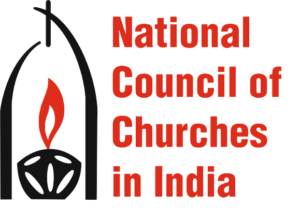
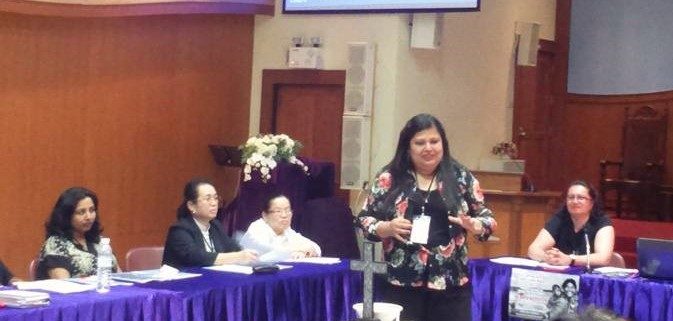
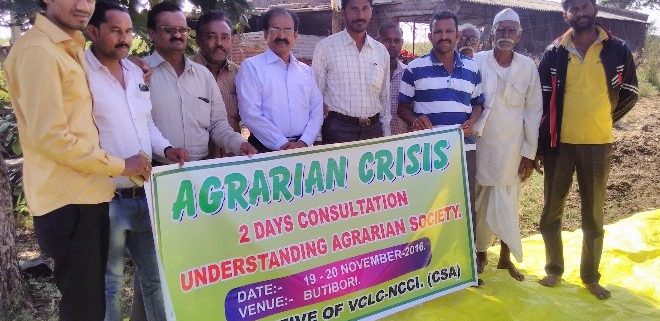
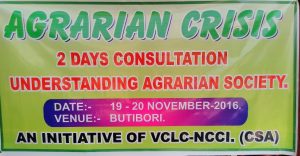
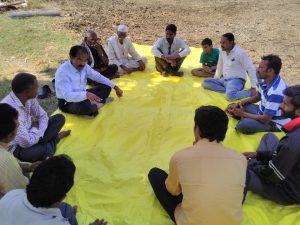


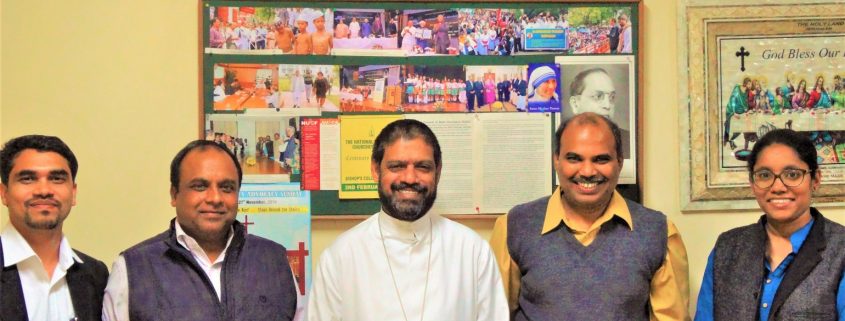

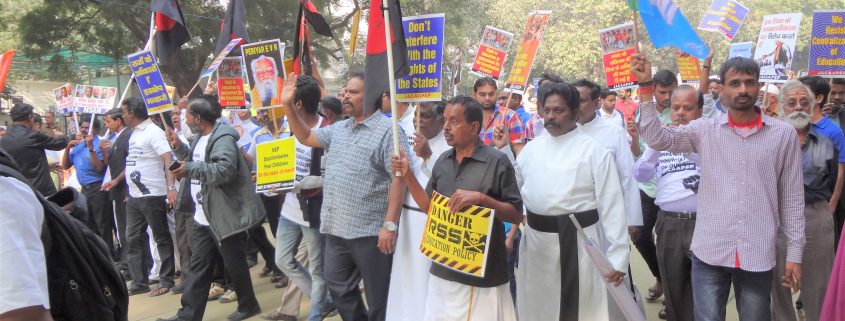


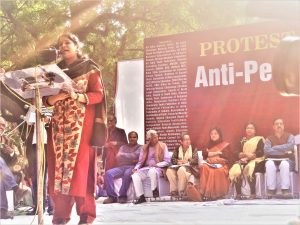
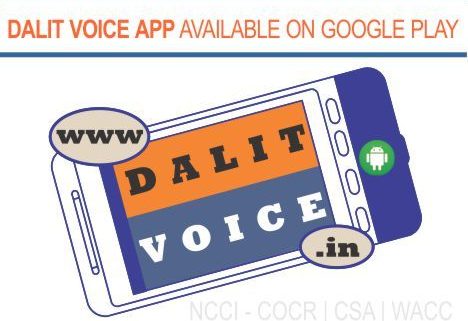



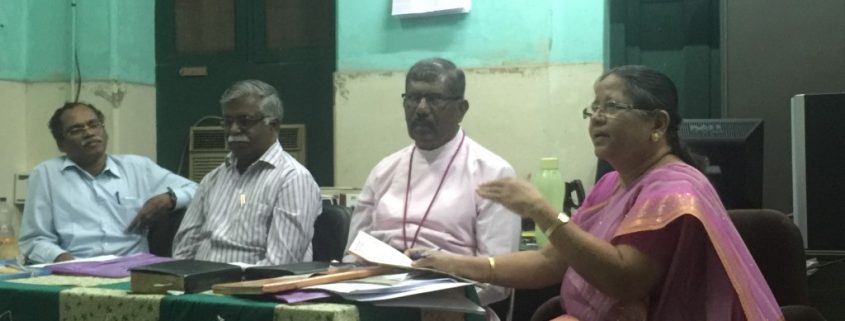


 The Most Rev. P.K. Samantaroy, Moderator, CNI presided over the meeting. Rev. Dr. Paul Swarup, CNI reflected on the history of Reformation, Martin Luther’s role and its relevance in today’s world. Rev. Markus Lesinski, EKD, deliberated over 12 points on the impacts and challenges of the Global Reformation Celebration. Over 22 people from various churches and Christian organizations attended the meeting.
The Most Rev. P.K. Samantaroy, Moderator, CNI presided over the meeting. Rev. Dr. Paul Swarup, CNI reflected on the history of Reformation, Martin Luther’s role and its relevance in today’s world. Rev. Markus Lesinski, EKD, deliberated over 12 points on the impacts and challenges of the Global Reformation Celebration. Over 22 people from various churches and Christian organizations attended the meeting.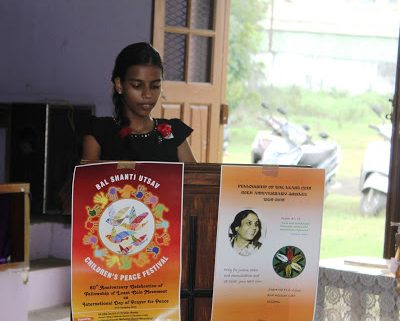
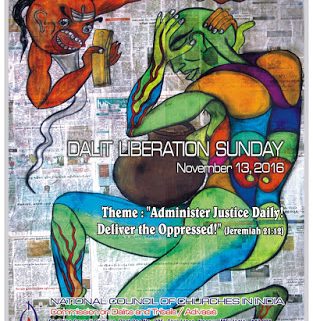
 Respected Ecumenical Colleagues,
Respected Ecumenical Colleagues,